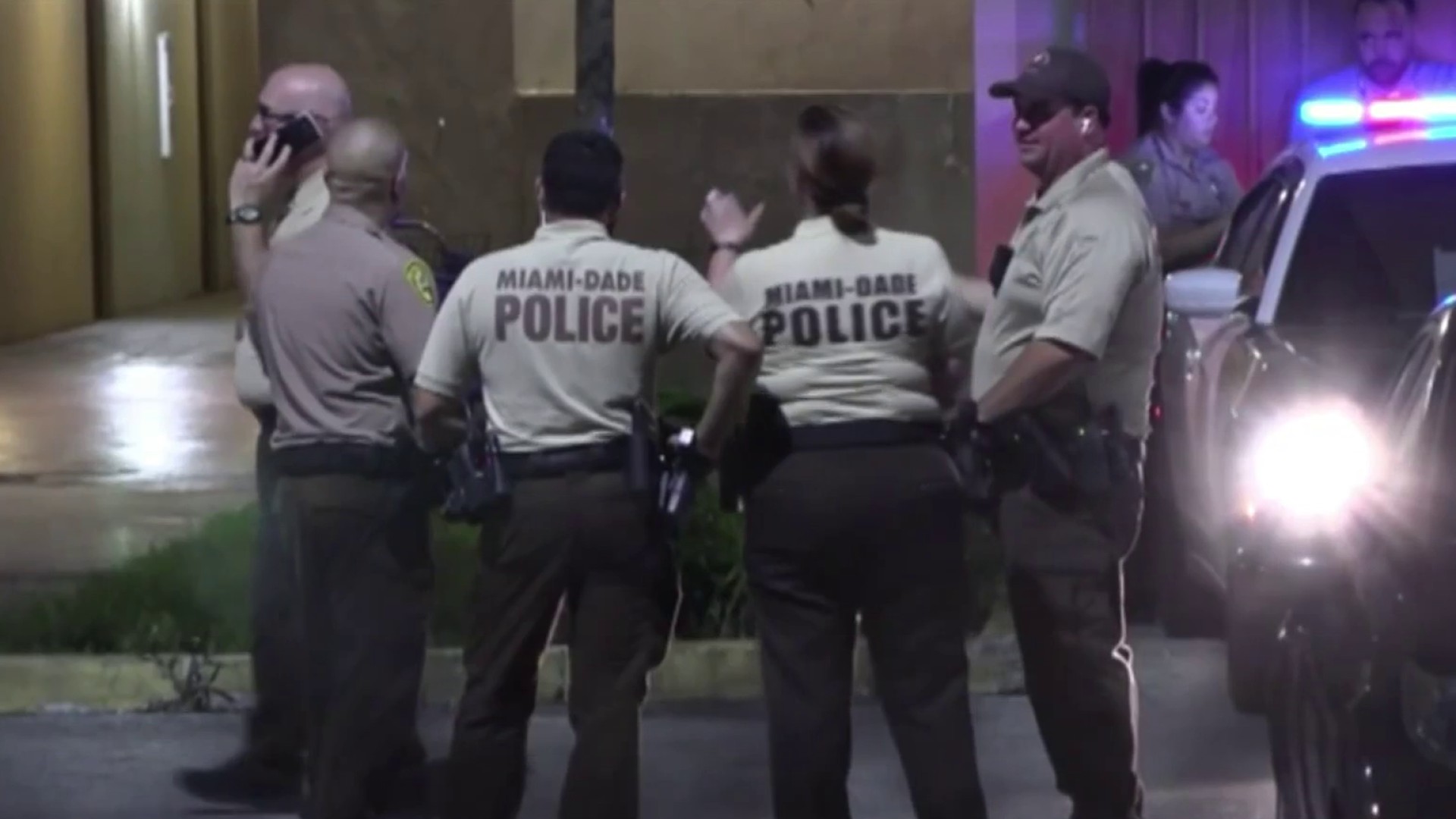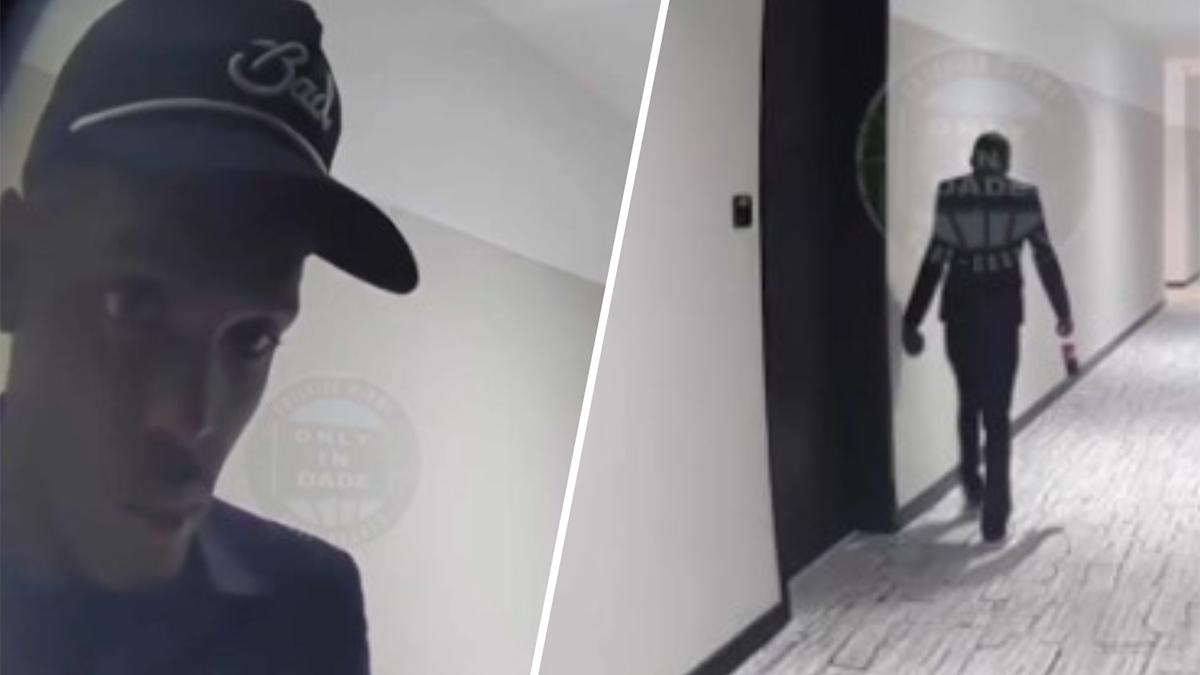Seven.
That's how old Lisa says she was when her own adoptive parents started trafficking her. We have changed her name to protect her identity.
"This cut is deep and it's not going to get fixed in one conversation, nor is it going to be fixed in one month," Lisa said during her first television interview with NBC 6. "I'm still going through my own healing and overcoming my own trauma."
Lisa says it happened in plain sight.
"I would go to school, we would go grocery shopping, we would go to the park, and I was with my traffickers the whole time," she said. "I was so young, and I was groomed into it, I honestly didn't think it was a bad thing."
The young woman says her childhood was marked by a brutal reality.
"I would have a client and go to school. Get picked up from another client and go to a hotel down the block, have 10, 15 men, women...Then, I would go home and do school work, and repeat," Lisa said.
Local
Lisa says her parents sold her across state lines and popular tourist destinations, including Miami.
"When it comes to Miami, you have the strip clubs, you have the bars, the pay-by-the-hour hotels and it is easy to buy someone," she said.
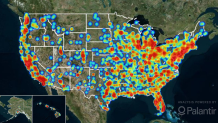
Like other survivors, Lisa knows firsthand the city of Miami is a hub for human trafficking.
According to the National Human Trafficking Hotline, it was at one point the fourth city in the nation (per capita) for calls reporting it.
The Miami-Dade State Attorney's office says their unit worked with at least 582 victims between 2012 and 2017. Two out of three were from this area.
"This is not someone from another country, this is someone from right here in Miami. This is a girl next door," said Amor Sierra, a well-known local activist.
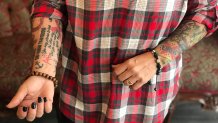
Sierra's activism started at a Miami Beach tattoo shop, which helps human trafficking survivors to cover up what many refer to as "brands."
"Branding is a practice that traffickers do. It's when they put a tattoo on their victim and this tattoo signifies now, you belong to me. You are my property," Amor explained.
Amor says watching survivors transformed their lives is what keeps her going.
"Just to hear those stories and see that this cover up of a tattoo helped to change this girl's life forever helps me when I see this darkness, when I see this evil," she said.
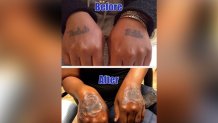
It's grassroots activism that helps survivors transform the external, in hopes of renewing what's inside.
Lisa says that's why she went to Amor when she wanted to remove her brands.
"I had multiple of them so when I got them removed, I was re-introducing myself to my body," she recalled.
After 10 years of being trafficked, Lisa says she found her way out.
"My first priority when I left wasn't, 'oh, we have to arrest every pimp that I have dealt with for the past 10 years,'" she said. "My first priority was meeting myself for the first time."
As Lisa seeks her own justice, she wants people to reach out if they suspect it's happening to others.
"I think one of the signs is saying, 'hey, are you okay?' and if they act really weird and stuff, if you need help there is a number, you can call anonymously," she said.
She wants to send a message to others who have been trapped.
"What happened to you and anything that you did, that is not who you are," she said, adding healing takes time but it's possible.
When asked what she would say to her younger self, she responded: "just keep hanging on."
When it comes to the trafficking of children, Miami-Dade and Broward have more cases reported than any other county in the state, according to the most recent data published by the Florida Department of Children and Families.
The Miami-Dade State Attorney's Office along with multiple local organizations and governmental agencies recently launched an anti-human trafficking campaign to raise awareness about this issue. The campaign includes a rapid response local text or call trafficking hotline, 305-FIX-STOP, which connects victims or community members who report trafficking crimes directly with local "305" Miami rapid response resources.
The National Human Trafficking Hotline is 1-888-373-7888.

